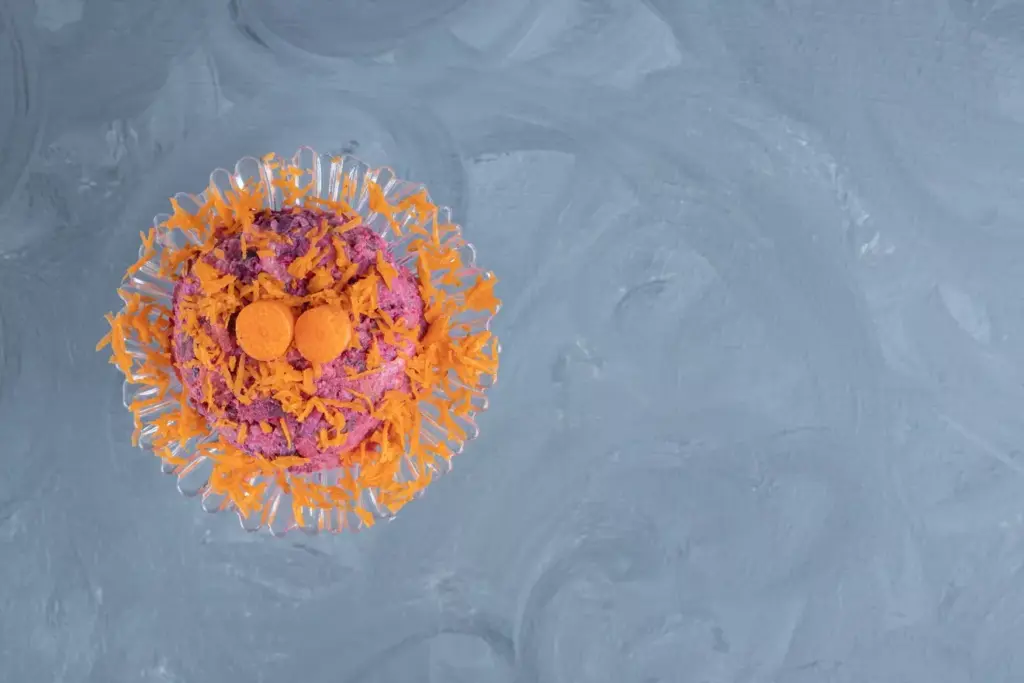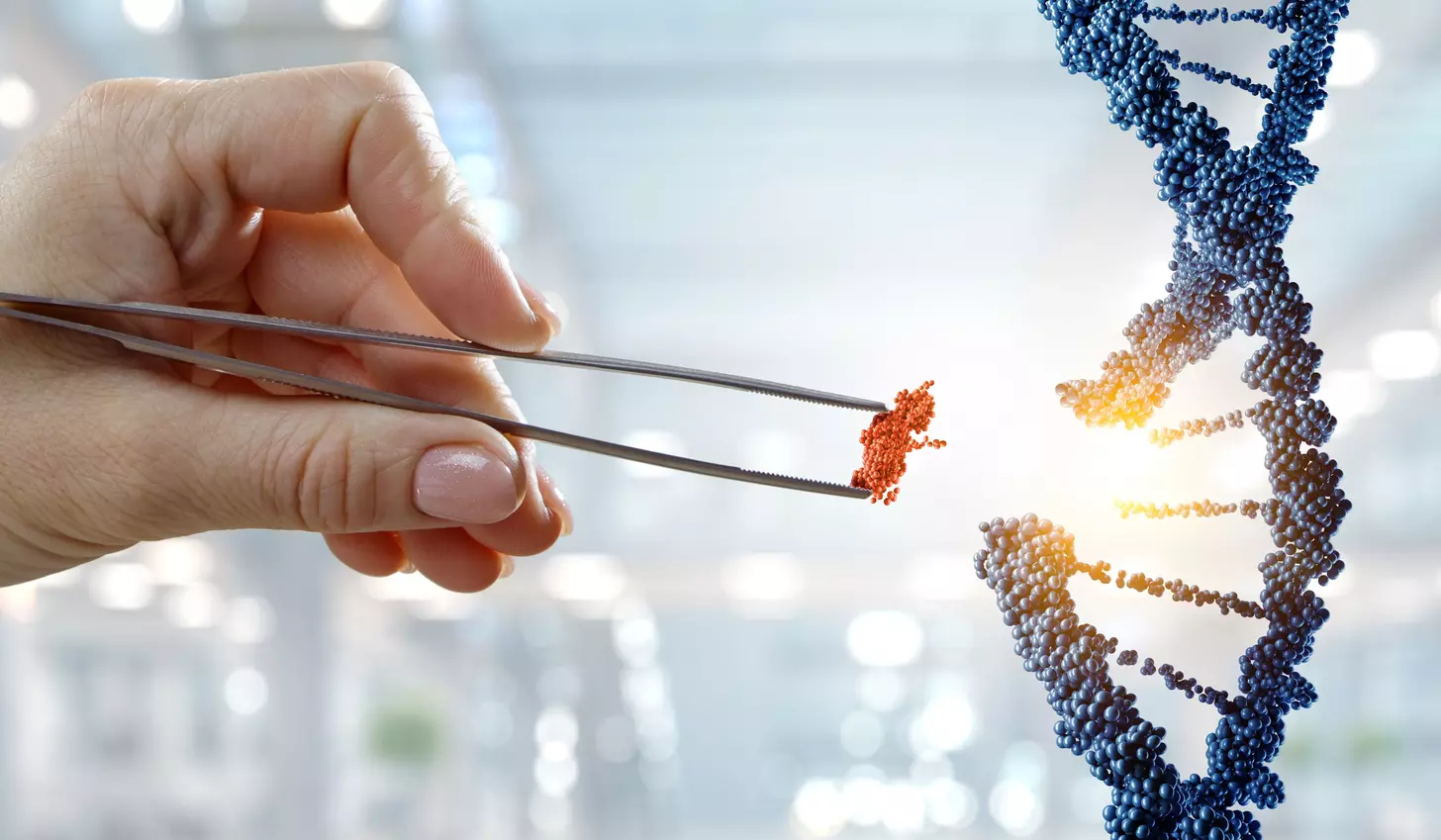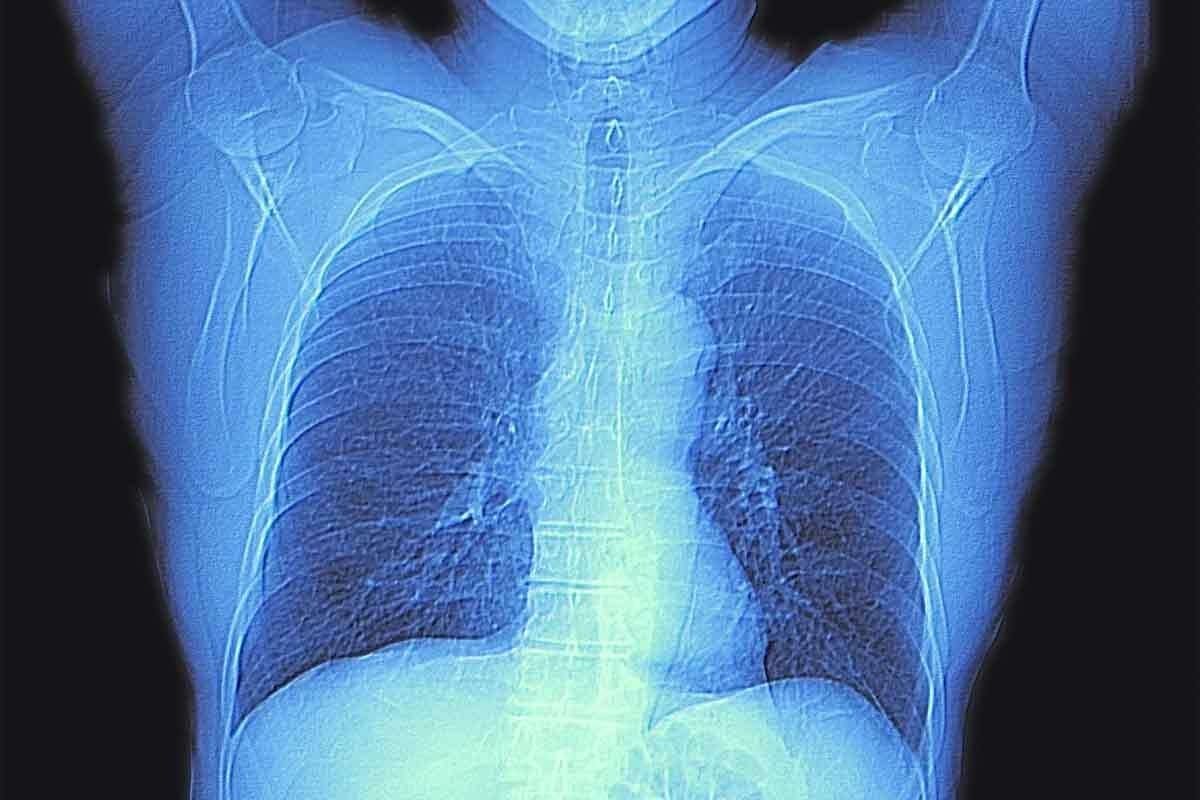Last Updated on November 27, 2025 by Bilal Hasdemir

At Liv Hospital, we know how key a strong immune system is. We aim to offer top-notch healthcare to our international patients. B cell B lymphocytes, also known as B-lymphocytes, are very important in this area.
B-lymphocytes are a key part of the adaptive immune system. They make antibodies and help with humoral immunity. This is vital for fighting off infections and keeping the immune system balanced.
Recent studies have shown that B-lymphocytes do more than just fight infections. They help in developing the immune system, regulating tissues, and preventing autoimmunity. Knowing how B-lymphocytes work helps us see their big role in keeping us healthy.
Key Takeaways
- B-lymphocytes are key for making antibodies and helping with humoral immunity.
- They start and grow in the bone marrow before moving to lymphatic tissues.
- B-lymphocytes are important in recognizing pathogens and showing antigens.
- They help control other immune cells, making sure the immune response is balanced.
- Understanding B-lymphocytes helps us see their role in fighting infections and keeping the immune system in check.
Understanding B Lymphocytes: Basic Definition and Overview
B lymphocytes are a vital part of our immune system. They are white blood cells that help fight off infections. B lymphocytes, or B cells, are defined by their ability to produce antibodies. These antibodies are proteins that recognize and bind to specific antigens, helping to neutralize or remove them from the body.
Definition of B Lymphocytes in the Immune System
B lymphocytes are a key part of our immune system. They play a big role in the humoral immune response. They are responsible for producing antibodies that help fight infections by recognizing and binding to specific antigens. This makes B cells very important for our immune defense.
To define B lymphocyte functions more broadly, we must consider their role in antigen recognition and presentation. B cells can present antigens to T cells, which helps the immune system work better. This interaction between B cells and T cells is vital for an effective immune reaction.
The Origin of the Term “B Cell” from Bursa
The term “B cell” comes from the bursa of Fabricius, a lymphoid organ found in birds. It was there that these cells were first identified. Humans don’t have a bursa of Fabricius, but we use the term “B cell” to describe these antibody-producing cells.
Knowing where the term “B cell” comes from helps us understand the history of immunology. It shows how important B lymphocytes are in the immune system.
The Origin and Development of B Lymphocytes
B lymphocytes start in the bone marrow. This is where they grow and become ready to fight off infections. It’s a key step for them to become useful immune cells.
Bone Marrow: The Birthplace of B Cells
B lymphocytes, or B cells, are important for our immune system. They were first found in birds in the bursa of Fabricius. In humans, they are made in the bone marrow through a process called hematopoiesis.
The bone marrow is special for B cell growth. It helps them develop from stem cells. This includes stages like pro-B and pre-B cells, where they start to get ready to fight off infections.
Key stages in B cell development include:
- The pro-B cell stage, where immunoglobulin gene rearrangement begins.
- The pre-B cell stage, characterized by the expression of specific surface markers.
- The immature B cell stage, where cells undergo selection to eliminate those that are self-reactive.
The Maturation Process of B Lymphocytes
B lymphocytes mature in a complex way. This ensures they can fight off infections without harming our own body. They start in the bone marrow and go through a selection process to become mature.
Once mature, they move to places like the spleen and lymph nodes. There, they can meet antigens and start their immune work. This maturation is essential for a healthy immune system.
“The development and maturation of B cells in the bone marrow is a highly regulated process, ensuring that these cells are capable of responding to pathogens while avoiding autoimmunity.”
Learning about B lymphocytes helps us understand our immune system better. It also shows how we can help or change it in different situations.
Anatomical Distribution: Where B Lymphocytes Reside
To understand B lymphocytes’ role in immunity, we must know their location and movement. B lymphocytes, or B cells, are vital to our immune system. Their spread across the body is essential for their function.
B Cells in Lymphoid Tissues and Organs
B cells mainly live in lymphoid tissues and organs. These areas are designed to help the immune system fight off infections. They include lymph nodes, the spleen, and special tissues in the gut.
In lymph nodes, B cells hang out in follicles. There, they meet antigens and start making antibodies. The spleen filters blood and has lots of B cells ready to fight off blood-borne threats.
Circulation Patterns of B Lymphocytes
B lymphocytes move through the body via blood and lymph. They travel between different immune organs and tissues. This lets them check various body parts for pathogens.
This movement is key for the immune system to work. B cells can find and fight off pathogens in different places. When they find their match, they grow, make antibodies, or become memory cells for future fights.
Knowing how B lymphocytes move helps us see how they keep us safe. Their ability to roam and find specific immune areas is what makes our immune system strong.
The Primary Functions of B Cell B Lymphocytes in Immunity
B cell B lymphocytes are key players in our immune system. They make antibodies and help recognize antigens. This is vital for fighting off infections and keeping our immune system balanced.
Antibody Production: The Hallmark of B Cells
B lymphocytes are famous for making antibodies. These proteins find and mark pathogens for destruction. This is a main part of our defense against infections.
Dr. Jane Smith, an immunologist, says,
“B cells are the cornerstone of adaptive immunity, and their ability to produce antibodies is a key factor in protecting against pathogens.”
Making antibodies is a detailed process. B cells get activated, grow, and turn into plasma cells. Plasma cells are where antibodies are made. Knowing this helps us see how B lymphocytes help our immune system.
Antigen Recognition and Presentation
B lymphocytes also help recognize and present antigens. They use their antibodies to find antigens and show them to T cells. This teamwork is essential for a strong immune response.
Looking closer at B lymphocytes, we see they play many roles. They make antibodies and present antigens. This makes them key to our immune system’s ability to adapt and fight off threats.
In short, B cell B lymphocytes are very important for our immunity. They make antibodies and help recognize antigens. Their work is essential for keeping us healthy and fighting off infections.
B Lymphocytes Are Associated With Humoral Immunity
B cells play a key role in humoral immunity. They produce antibodies that fight pathogens outside of cells. This is vital for our defense against infections and diseases.
How B Cells Facilitate Humoral Immune Responses
Humoral immune responses rely on B cells making antibodies. When B cells meet antigens, they get activated and start making more of themselves. These antibodies then fight pathogens in the blood and other fluids.
The process involves several key steps:
- Antigen recognition by B cells through their surface-bound antibodies.
- Activation of B cells, which can occur with or without the help of T cells.
- Proliferation and differentiation of B cells into plasma cells.
- Production and secretion of antibodies by plasma cells.
The Distinction Between Humoral and Cell-Mediated Immunity
Humoral immunity focuses on B cells and antibodies to fight pathogens outside cells. Cell-mediated immunity, on the other hand, involves T cells and is key for fighting pathogens inside cells. Knowing the difference between these two is important for understanding how our immune system works.
The main differences between humoral and cell-mediated immunity are:
| Characteristics | Humoral Immunity | Cell-Mediated Immunity |
|---|---|---|
| Primary Cells Involved | B cells | T cells |
| Mechanism of Action | Production of antibodies | Direct cell-to-cell interactions |
| Pathogens Targeted | Extracellular pathogens | Intracellular pathogens |
By understanding B lymphocytes and their role in humoral immunity, we see how our immune system fights off diseases. This knowledge helps us appreciate the complex ways our body protects us.
Types of B Lymphocytes and Their Specialized Roles
B lymphocytes, also known as B cells, are key to our immune system. They turn into different types, each with its own job. This helps our body fight off many kinds of germs.
Plasma Cells: The Antibody Factories
One main job of B cells is to become plasma cells. These cells make lots of antibodies. Antibodies help fight off germs by binding to them and removing them from our body.
Immunologists say, “Plasma cells are the main workers of the humoral immune system. They make antibodies to keep us safe from infections.”
“The main job of plasma cells is to make antibodies. These proteins find and stick to specific germs.”
| Characteristics | Plasma Cells | B Cells |
|---|---|---|
| Primary Function | Antibody Production | Antigen Recognition |
| Location | Bone Marrow, Lymphoid Tissues | Lymphoid Tissues, Circulation |
| Lifespan | Variable, often short-lived | Variable, can be long-lived as memory cells |
Memory B Cells: Guardians of Long-Term Immunity
Memory B cells are important for long-term protection. They remember specific germs. When we meet the germ again, they quickly make more antibodies to fight it.
Memory B cells help us fight off germs better the second time around. This is how vaccines work.
Regulatory B Cells: Immune System Moderators
Regulatory B cells help control our immune system. They do this by making anti-inflammatory cytokines. These help keep the immune system from getting too strong or too weak.
These B cells are key to keeping our immune system in balance. They help prevent our body from attacking itself.
The B Cell Activation Process
B lymphocytes, or B cells, are key to our immune system. Their activation is a detailed process with many steps. It’s important for making antibodies and remembering past infections. We’ll look at how B cells get activated.
T Cell-Dependent Activation
T cell-dependent activation is a precise process. It involves B cells and T cells working together. This is how we make high-affinity antibodies and memory B cells.
It starts when B cells grab and process antigens. They then show these antigens on their surface. T cells that match these antigens help activate the B cells.
The steps include:
- B cells capture and process antigens.
- Antigenic peptides are presented on MHC class II molecules.
- T cells recognize the antigenic peptides and interact with B cells.
- T cells provide co-stimulatory signals and cytokines necessary for B cell activation.
For more detailed information on B cells, you can visit Akadeum’s B Cell page.
T Cell-Independent Activation
T cell-independent activation lets B cells fight some antigens without T cells. This happens with polysaccharides and other repeating antigens. It’s a quick defense but doesn’t make memory B cells.
The key features are:
- Rapid response to pathogens.
- Activation is mainly through cross-linking of surface Ig on B cells.
- Limited antibody affinity maturation.
- Lack of memory B cell generation.
Knowing how B cells activate is key for making good vaccines and treatments. It helps us understand the immune system’s complex workings.
Beyond Antibodies: Additional Roles of B Lymphocytes
Recent studies have shown that B lymphocytes do more than just make antibodies. They help in many ways, like organizing the immune system and keeping tissues healthy. They also play a part in autoimmune diseases.
B Cells in Immune System Development
B lymphocytes are key in building and organizing the immune system. They work with other cells like T cells and dendritic cells. This helps lymphoid tissues work right.
As the immune system grows, B cells go through selection and maturation. This lets them make specific antibodies and helps shape lymphoid tissues. This is key for a strong immune response.
Tissue Regulation and Homeostasis
B lymphocytes also help with tissue health and keeping things in balance. They make cytokines and other factors that can either help or reduce inflammation. This is important to avoid too much damage during immune responses.
They also talk to non-immune cells like epithelial cells and fibroblasts. This helps keep organs and systems working well.
B Lymphocytes in Autoimmune Conditions
B lymphocytes are also involved in autoimmune diseases. In diseases like rheumatoid arthritis and lupus, they make autoantibodies and pro-inflammatory cytokines. This helps the disease get worse.
Knowing how B cells work in autoimmune diseases is key for new treatments. Depleting or changing B cell function is a promising approach for some autoimmune diseases. The table below shows how B lymphocytes play different roles in the immune system.
| Role of B Lymphocytes | Description | Impact on Immune System |
|---|---|---|
| Immune System Development | Influence lymphoid organ development and germinal center formation | Essential for effective immune responses |
| Tissue Regulation | Produce cytokines and interact with non-immune cells | Maintains tissue homeostasis and prevents damage |
| Autoimmune Conditions | Produce autoantibodies and pro-inflammatory cytokines | Contributes to disease progression in autoimmune diseases |
Conclusion: The Critical Importance of B Lymphocytes in Immune Function
We’ve looked at how B cell B lymphocytes work in the immune system. They make antibodies, present antigens, and help regulate the immune system. These cells are key in fighting off infections and keeping the immune system balanced.
B lymphocytes are very important for our immune health. They make antibodies to fight off pathogens. They also help other immune cells by presenting antigens. Plus, they help keep the immune system in check, preventing it from attacking itself.
Learning about B lymphocytes helps us understand the immune system better. Knowing their role helps us tackle immune-related diseases. As we learn more, we can find new ways to improve our health.
What are B cell B lymphocytes?
B cell B lymphocytes, or B-lymphocytes, are a key part of our immune system. They make antibodies and help fight infections.
Where do B lymphocytes come from?
B lymphocytes start in the bone marrow. Then, they move to lymphatic tissues.
What is the role of B cells in antibody production?
B cells are famous for making antibodies. These proteins find and mark pathogens for destruction.
What is humoral immunity, and how are B lymphocytes associated with it?
Humoral immunity uses B cells and their antibodies. These antibodies help fight pathogens outside of cells.
What are the different types of B lymphocytes?
B cells can become plasma cells, making lots of antibodies. They can also become memory B cells for long-term protection. And there are regulatory B cells, which help control the immune response.
How are B lymphocytes activated?
B lymphocytes can be turned on by T cells or without T cells. This helps the immune system respond quickly and effectively.
What is the significance of B lymphocytes in immune function?
B lymphocytes are vital for fighting infections and keeping the immune system balanced. They do this through antibody production, antigen presentation, and immune regulation.
Define B lymphocyte.
A B lymphocyte is a white blood cell that matures in the bone marrow. It’s important for making antibodies and helping with humoral immune responses.
What does the “B” in B cells stand for?
The “B” in B cells comes from their discovery in the bursa of Fabricius in birds.
Where do B lymphocytes reside?
B lymphocytes live in many lymphoid tissues and organs. This includes lymph nodes, the spleen, and areas near mucosal surfaces.
References
- Althwaiqeb SA. Histology, B-Cell Lymphocyte (StatPearls, NBK560905). Available from: https://www.ncbi.nlm.nih.gov/books/NBK560905/
- LeBien TW, Tedder TF. B-lymphocytes: how they develop and function. Blood. 2008;112(5):1570-1580. Available from: https://ashpublications.org/blood/article/112/5/1570/25424/B-lymphocytes-how-they-develop-and-function
- National Cancer Institute. B-lymphocyte (Cancer Terms Dictionary). Available from: https://www.nci.nih.gov/publications/dictionaries/cancer-terms/def/b-lymphocyte
- National Human Genome Research Institute. Lymphocyte (Genetics Glossary). Available from: https://www.genome.gov/genetics-glossary/Lymphocyte
- Akadeum Life Sciences. B Cell / B-Cell Technology Overview. Available from: https://www.akadeum.com/b-cell/








